Scott Portelli floated through the icy southern waters alongside predators and prey.
He says there is something transformative and life-affirming about observing nature’s most profound moments.
“Photography allows me to visualize the world and interpret it in a way that perhaps has never been seen before,” he said.
For the 52-year-old, who has spent most of his life in Sydney, there are few places more exciting than Antarctica.
“It has some of the harshest conditions: colder temperatures, stronger winds,” he said.
“However, it is thriving with wildlife and nature.”
Over the past two decades, he has visited Antarctica about 25 times.
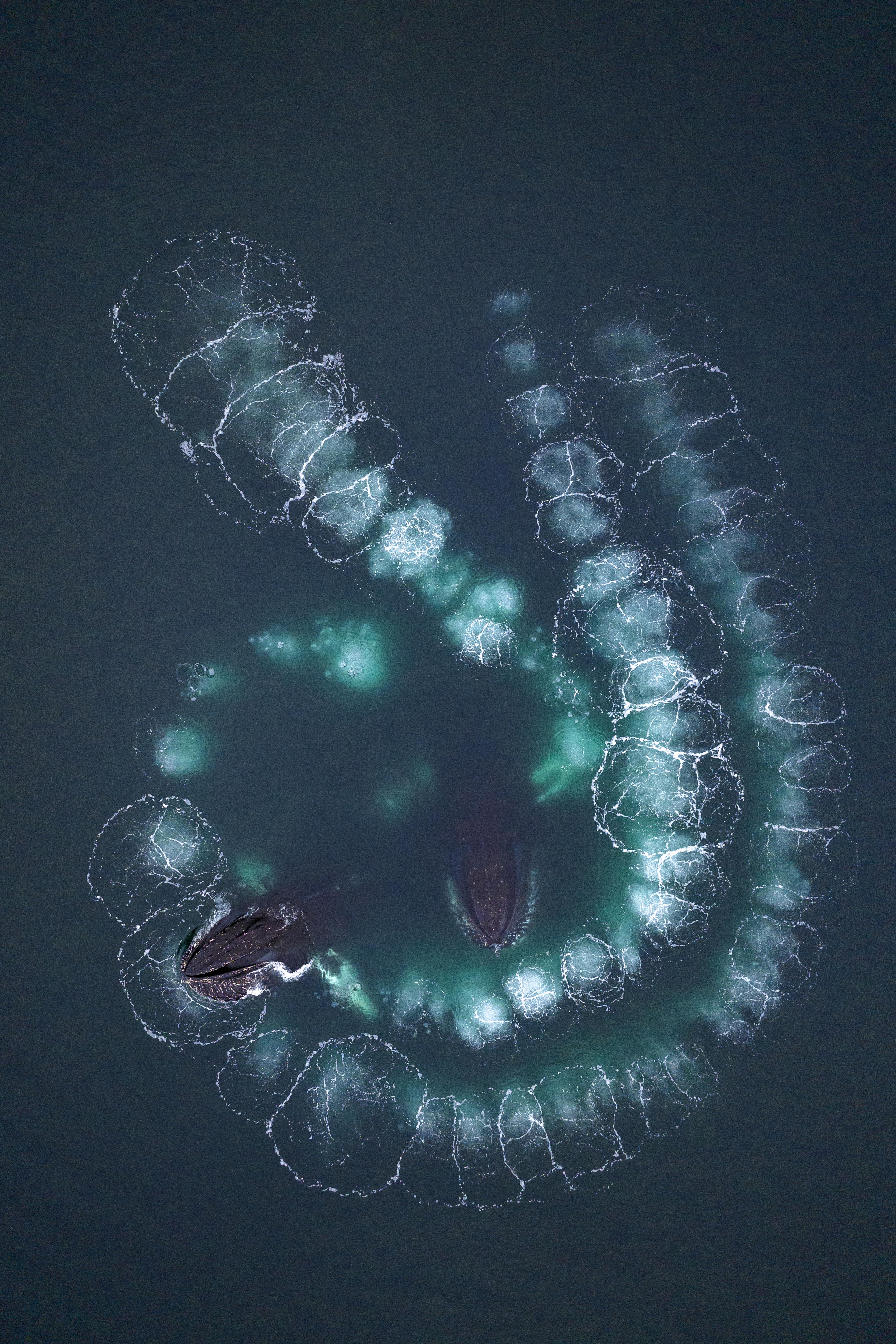
This image of humpback whales feeding in bubble nets saw Scott Portelli named Australian Geographical Nature Photographer of the Year. (Provided: Scott Portelli)
The time you spent exploring the remote continent is paying off.
Portelli was recently named Nature Photographer of the Year by Australian Geographic for his aerial image of humpback whales feeding in deep, dark waters.
From part-time passion to career
Armed with his first camera, a Minolta 7xi, Portelli caught the travel bug in his late teens.
“You get a job, you make money, you travel. It became a bit of an addiction,” he said.
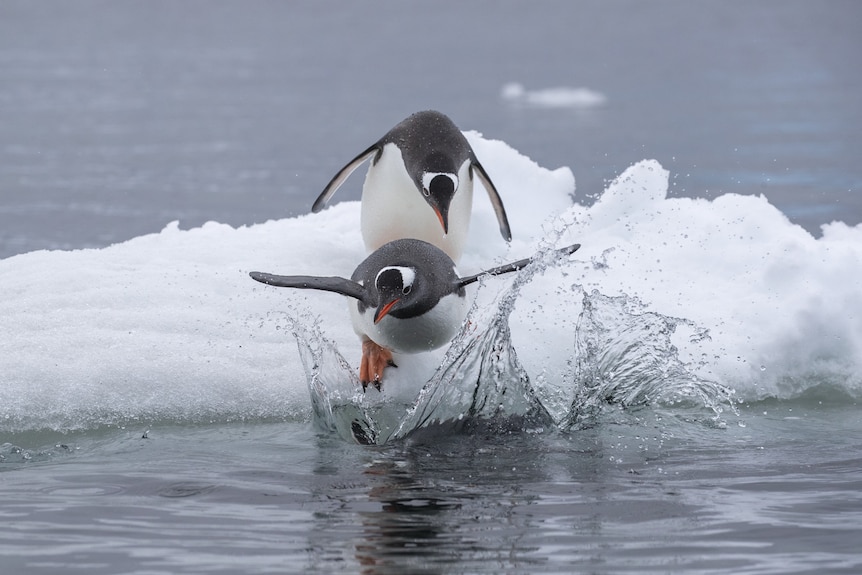
Portelli spent many years photographing Antarctic wildlife. (Provided: Scott Portelli)
While working in marketing and advertising in Sydney, he was always planning his next overseas adventure.
“I used to take an average of eight weeks of vacation a year… and I’m sure they didn’t like that, but most of the time it was unpaid leave,” Portelli said.
As his skills and reputation flourished, the hobby slowly turned into a full-time job.
“The main thing for me about wildlife and nature photography is that it is quite unexpected,” he said.
For him, there is a place that keeps bringing surprises, no matter how many times he returns.
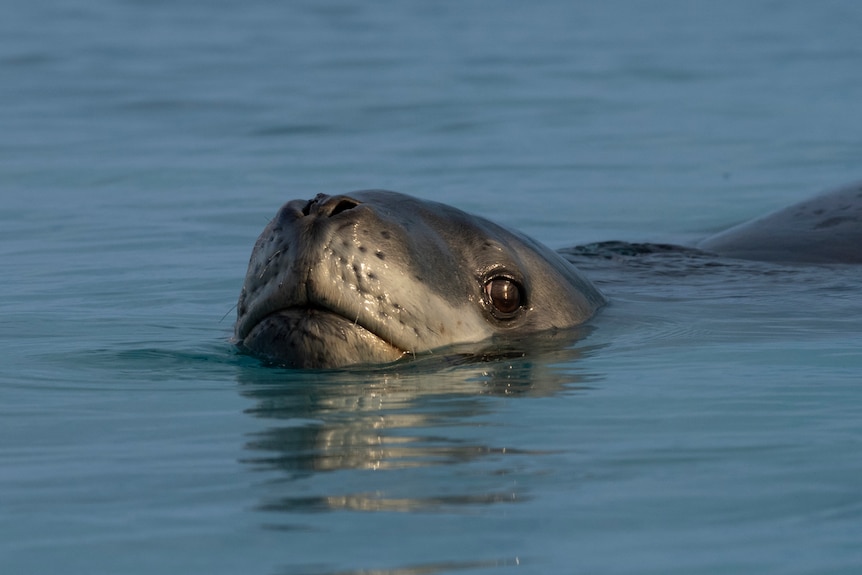
Antarctica is a playground for nature photographers. (Provided: Scott Portelli)
‘A visual feast’
Portelli’s first trip to Antarctica was in 2003, as a passenger on a cruise ship.
Now, he works for an Australian-based adventure company as a photographer and onboard guide.
He also charters a yacht to Antarctica every year with other avid photographers and filmmakers.
“Going down to Antarctica on a yacht is quite a task,” he said.
Loading…
But the place is a playground for nature photographers.
“Humpbacks, orcas, seals, birds, penguins – everything,” Portelli said.
“It’s a visual feast… you don’t know which way to look because there’s so much going on.”
But over the years he has also seen an “obvious change” in the landscape.
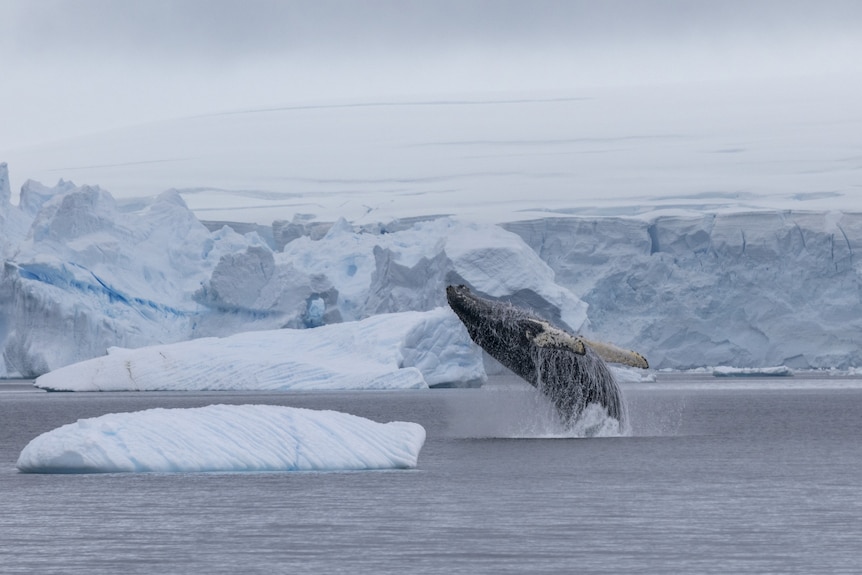
Breaching whales are a spectacular sight in Antarctica. (Provided: Scott Portelli)
He said part of his role as an Antarctic photographer was about “conservation, education and protection”.
“Some of the glaciers are retreating,” he said.
“The work I am publishing builds [climate change] knowledge.”
Now he’s connecting with nature in another way, swapping his busy life in the Harbor City for an isolated town in southern Western Australia.
A new remote home
Portelli and his wife, fellow wildlife photographer Rosie Leaney, were “stranded” in WA during the 2020 COVID lockdown.
“We were lucky enough to spend seven months in WA and found we kept coming back to Esperance,” he said.
Earlier this year, they bought a house in the coastal community, which is about 700 kilometers southeast of Perth.
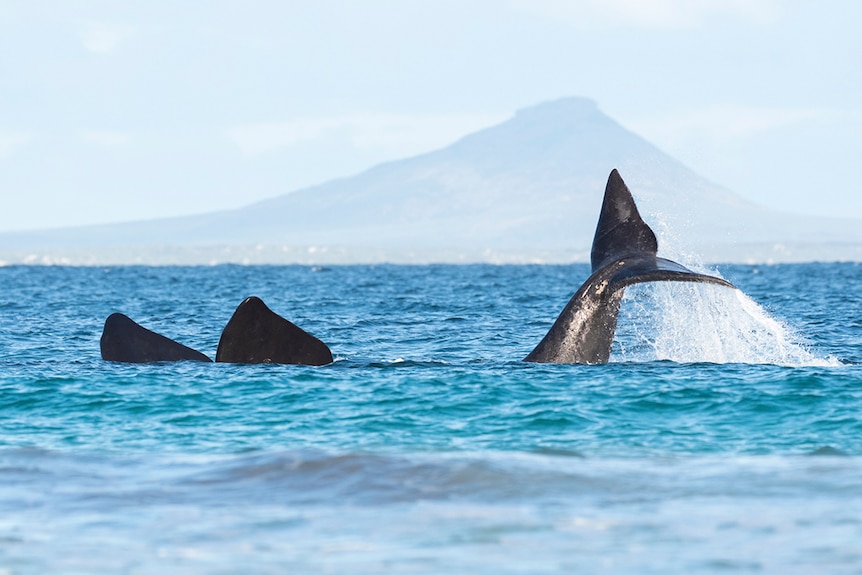
Esperance provided Portelli and his wife with much excellent photographic material. (Provided: Rosie Leaney)
“Moving to Esperance allowed me to reconnect with nature and slow down a bit to focus more on various aspects of photography from my own backyard, Australia, and helped stimulate my creativity,” said Portelli.
“Esperance is a little more remote, but that’s what I like most about being in this part of Australia.”
He said decades in photography have made him a more open-minded and tolerant person.
“Hearing stories from different parts of the world and other people’s hardships can be humbling to say the least,” he said.
#AwardWinning #Wildlife #Photographer #Spent #Decades #Capturing #Antarcticas #Visual #Feast